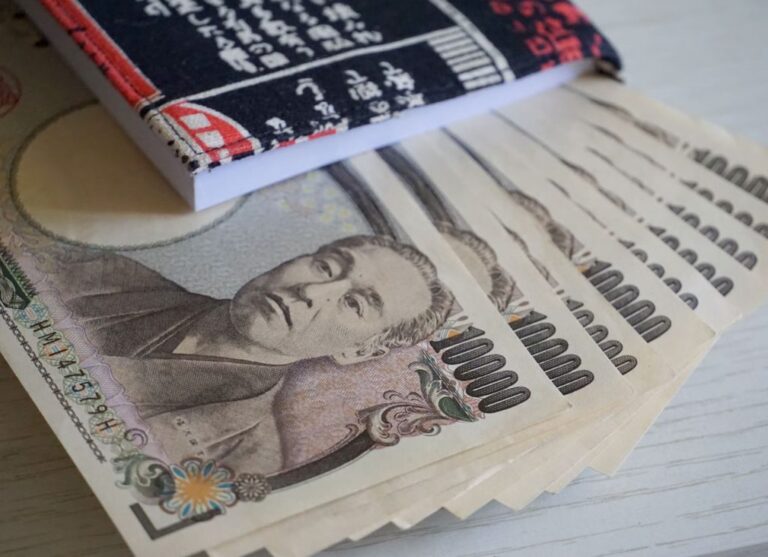
Morning Brief – Emerging Nightmare
The currencies of those nations earlier in their cycle of economic development are always the most vulnerable during a crisis. With thinner capital markets, a reliance upon the exportation of primary or secondary materials and raw commodities, they are highly sensitive to global downturn. Accordingly, their currencies are always the first to be hit by speculative flows when the footing that the global economy stands upon appears to crack. We have now passed the immediate speculative selling phase and foreign exchange flows are increasingly reflective of real money exchanges and sentiment, albeit distorted by the defensive actions of respective central banks and governments.
Since the beginning of the year, measured against the US Dollar, the Turkish Lira has lost approximately 15%; the South African Rand 40% at its peak; the Brazilian Real 34%; and the Mexican Peso as much as 37% to name but a few. Whilst the devaluation in each currency’s value will create its own corrective momentum making the exports of each nation cheaper to a degree corresponding to the size of its fall, in a global economy that isn’t buying it’s little consolation. More importantly, falls of this degree in the value of a nation’s currency perturb investors from lending much needed cash to domestic governments. So how long can this last and can it recover?
Fortunately for Emerging Market (EM) currencies we do not live in a Hobbesian state of nature, international institutions are brokering deals or offering direct support to limit both the social and economic impact of the coronavirus. The G20 for example, has been brokering a deal for a moratorium on foreign debt repayments. By temporarily suspending the requirement to repay and finance loans frequently issued in a foreign currency, poorer nations will be able to reallocate capital and simultaneously protect their foreign currency reserves. The call to pursue such a plan came from the IMF and World Bank last month who themselves have created significant budgets available for emerging market borrowing. You can lead a horse to water but you can’t make it drink, however. As Argentina is lining up for its 9th sovereign debt default, Turkey is rejecting IMF support and going it alone to curb speculative selling of its Lira. Nonetheless, the backstops in place mean that it is unlikely an entire nation goes bankrupt causing irrevocable damage to the state and its currency. Emerging market currencies can therefore recover.
Since the Coronavirus outbreak we have seen the biggest drawdown in FX reserves in Emerging Market economies since the 2008 financial crisis. 134 billion Dollars’ worth of FX reserve have been drawn down in major EM economies last month alone. This has not only created downward pressure on EM currencies but also destabilised the finances of EM economies. Federal Reserve Swap lines that have assisted other developed nations by providing US Dollar liquidity are not typically available to such EM nations and they must preserve these holdings. In order to stem outflows from EM currencies as a whole the instability of the global economic outlook or the threat of coronavirus must appear to reside.
This Friday China will release its First-quarter Gross Domestic Product estimate. The reading is one of the first ‘hard’ data releases showing exactly what happened to the economy during the first three months of the crisis. Estimates suggest a sizeable contraction in the Chinese economy from January 2020 through March. UBS has estimated a figure as large as 10% given its view that as many as 80 million people are now unemployed. The deeper the observed contraction the less likely it is that the V-shaped recovery that China itself has touted will unfold. This data release and equivalent releases across the globe this week and next will be critical in understanding how much economic damage is physically being done and thereby inform us how long this crisis can last.
Discussion and Analysis by Charles Porter

Click Here to Subscribe to the SGM-FX Newsletter
Related Insights

Morning Brief – Japanese Yen
Japanese Yen With JPY at a new 34 year low versus EUR, the market is set for an ambush by the Bank of Japan if it acts today at the end of their Policy Meeting to support the Yen. The reason that the market is susceptible is because it has convinced itself that the BoJ […]

Morning Brief – Coalition
Coalition This briefing is about South Africa and the Rand, which frequently proves to be one of the more divisive subjects within our roster of currencies. In particular, with the election looming, this will be about South African governance. Not from a political or human perspective about what may be the best long term outcome […]

Morning Brief – US Tariffs on Chinese Imports
US Tariffs on Chinese Imports Recently we wrote about how Mexico has become the Number One trade partner for the USA. It now transpires that Mexico may have had what is known as a little assist with their numbers: the statistics for the number of 20 foot shipping containers for the first three Quarters of […]



 Humphrey Percy
Humphrey Percy Charles Porter
Charles Porter